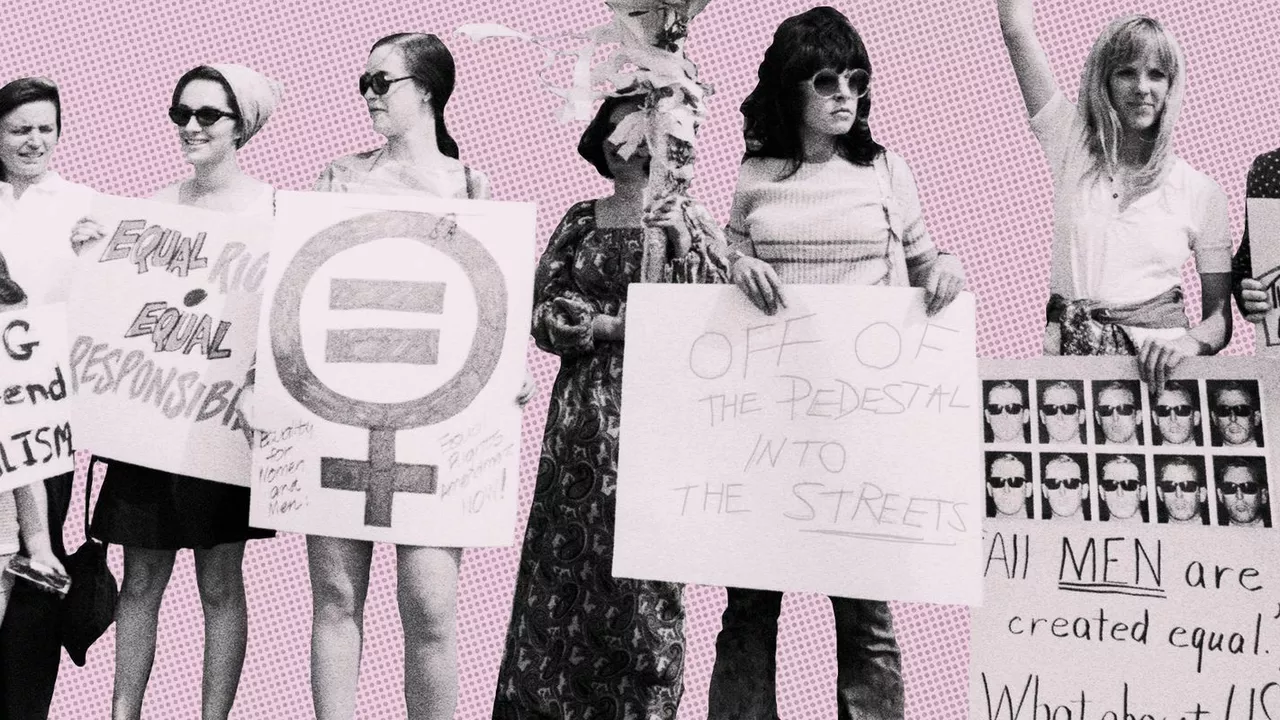Feminism Misconceptions: Why Some Call Feminists Bitter & Evil
Ever wondered why the word "feminist" sometimes sparks anger? A lot of people think feminists are sour, even evil, but the reality is far less dramatic. Most feminists just want a fair shot at the same opportunities, respect, and pizza slices as anyone else.
What fuels the "bitter" label?
When you hear a feminist speaking out, you hear passion. That passion often comes from years of bumping into roadblocks—pay gaps, stereotypes, or being ignored. It’s easy to mistake that fire for hostility, especially if you’ve never faced those hurdles yourself. The frustration isn’t about hating men; it’s about pushing back against a system that’s been tilted for a long time.
Think about a sports team that always gets the best equipment while the bench players get the cheap gear. If the bench players start demanding equal gear, some fans might call them “complainers.” The same thing happens in the gender arena. When feminists ask for equal treatment, the demand can look like a complaint to those who never felt the unfairness.
Why “evil” is a stretch
Calling feminists evil is a big leap. It’s like saying a doctor who treats a disease is a villain because they’re trying to fix something. Feminists are simply pointing out problems and offering solutions. They want everyone to have a fair chance to eat their pie—no special slices reserved for a select few.
Take a look at everyday examples: a woman asking for a raise, a girl demanding to play on a boys’ football team, or a person calling out sexist jokes. None of these actions are about harming anyone; they’re about leveling the playing field. The “evil” tag usually sticks when people feel threatened by change.
Understanding this helps you see that the anger isn’t personal. It’s about a system that has been unfair for generations. If you swap places and feel the tug of inequality, you might feel the same spark of frustration. That’s not evil, it’s human.
So next time you hear someone label feminists as bitter or evil, ask yourself: are they reacting to genuine passion for equality or just misreading the vibe? Most of the time, it’s the former. And if you’re curious, dive a little deeper—you might find that the “bitter” you hear is really just determination, and the “evil” is just a misunderstanding.
